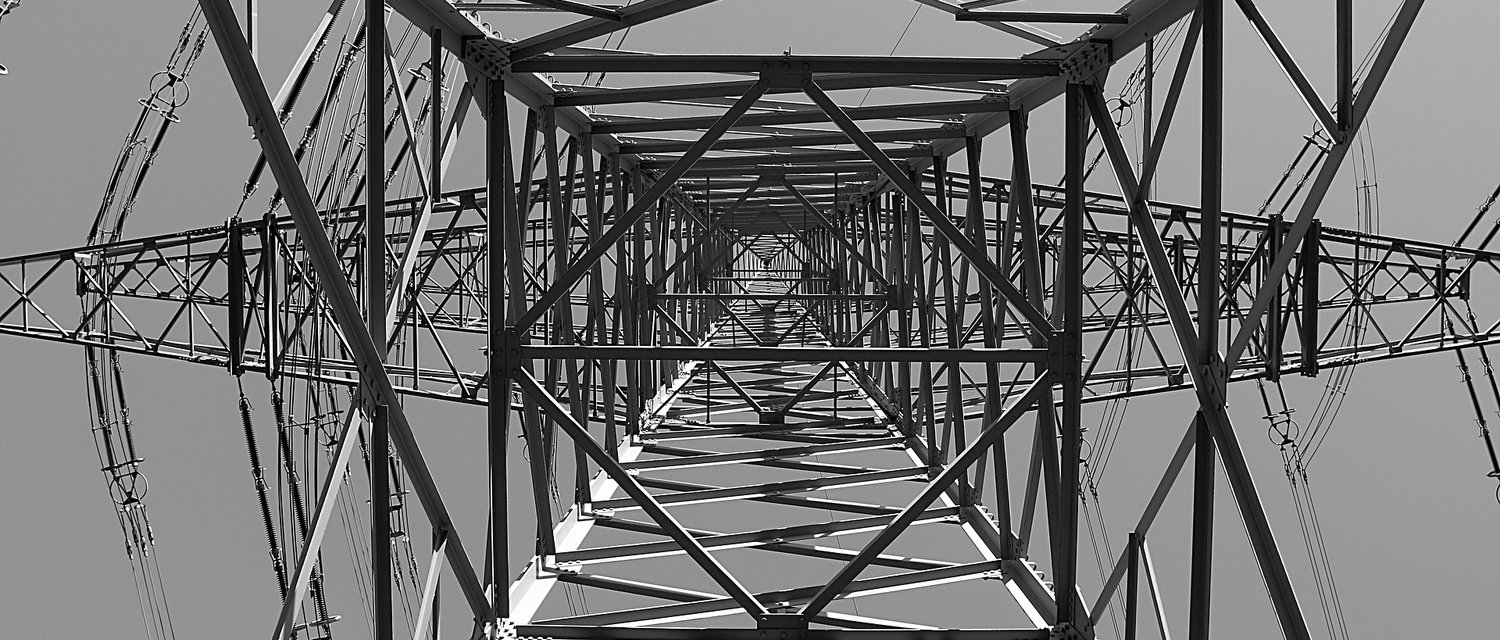
News
Empricial Analysis of the Iberian Electricity Price Cap
Since summer 2021, European energy markets have been experiencing an unprecedented price rally, which has intensified further since February 2022 due to the Russian war of aggression on Ukraine and the resulting concerns about security of supply, especially with regard to natural gas. The recent development of wholesale prices in the electricity market can essentially be attributed to the strong rise in prices for natural gas (and also price increases for substitute fuels such as coal). During recent months various ideas regarding the limitation of price increases have been developed and proposed. One of the mechanisms that have recently been discussed for adoption on an European level is the so-called Iberian Price Cap, or Iberian Model, which was first implemented in Spain and Portugal in June 2022. The Iberian Price Cap follows the idea of decoupling electricity and gas prices consistently. To ensure that the order of deployment of power plants of the so-called “merit order” (MO) does not change, all fossil power plants (in particular natural gas, coal and oil-fired power plants) are obliged to include a fixed price discount in their bid that is the same for all these power plants.
The Austrian Federal Chamber of Labour (AK) has commissioned the Austrian Energy Agency to analyse and monitor the first months of market results under the Iberian Price Cap, with a dedicated focus on electricity price and gas consumption effects. This first version of a working paper presents the results of said investigation, covering the timeframe since the mechanism’s inception until 30 September 2022. An extension of this paper is planned to be published in December 2022, focusing on EU electricity interconnections to non-EU neighbours.
The results obtained in this paper regarding the historical results of the Iberian Price Cap show some clear tendencies:
- Under the premise of high natural gas prices, the Iberian Model reduces electricity spot price levels significantly.
- On the Iberian Peninsula, the price cap has been accompanied by a significant increase of electricity production from natural gas. However, a more detailed analysis of this effect is necessary.
- About one third of this increase needs to be counted towards generation unavailabilities during the 2022 summer period.
- About half of this increase can be attributed to a surge in electricity exports to France and Morocco. However, it is not definitive that all these additional exports can be solely linked to the Iberian Price Cap, as electricity prices might have been higher in Central Europe even without the Cap.
- About one tenth of this increase can be attributed to a higher electricity demand, which at least partly could be linked to high temperatures during the investigated time period.
- Electricity price drops only partly materialise for electricity customers, as the subsidy costs need to be paid by means of a levy by market participants. The relative impact of said levy was increased by a low renewable generation output and a higher electricity export during the investigated time period.
Despite ocurring under local market circumstances, the historical observations in Spain and Portugal may still give an indication of what might happen in other market areas if the Iberian Cap were applied across Europe. Still, observed effects do not have to occur in the same manner everywhere. Thus, the Iberian example should be observed with caution and without overinterpreting every effect of the Iberian Cap. This requires a more profound analysis across Europe. The Austrian Energy Agency aims to contribute as a first step by examining cross-border capacities between EU and non-EU countries. The update of this paper is thus envisaged by Mid-December.
Contact persons

Head of Center Economy, Consumers & Prices
Christian Furtwängler,MSc
Email addresschristian.furtwaengler@energyagency.at